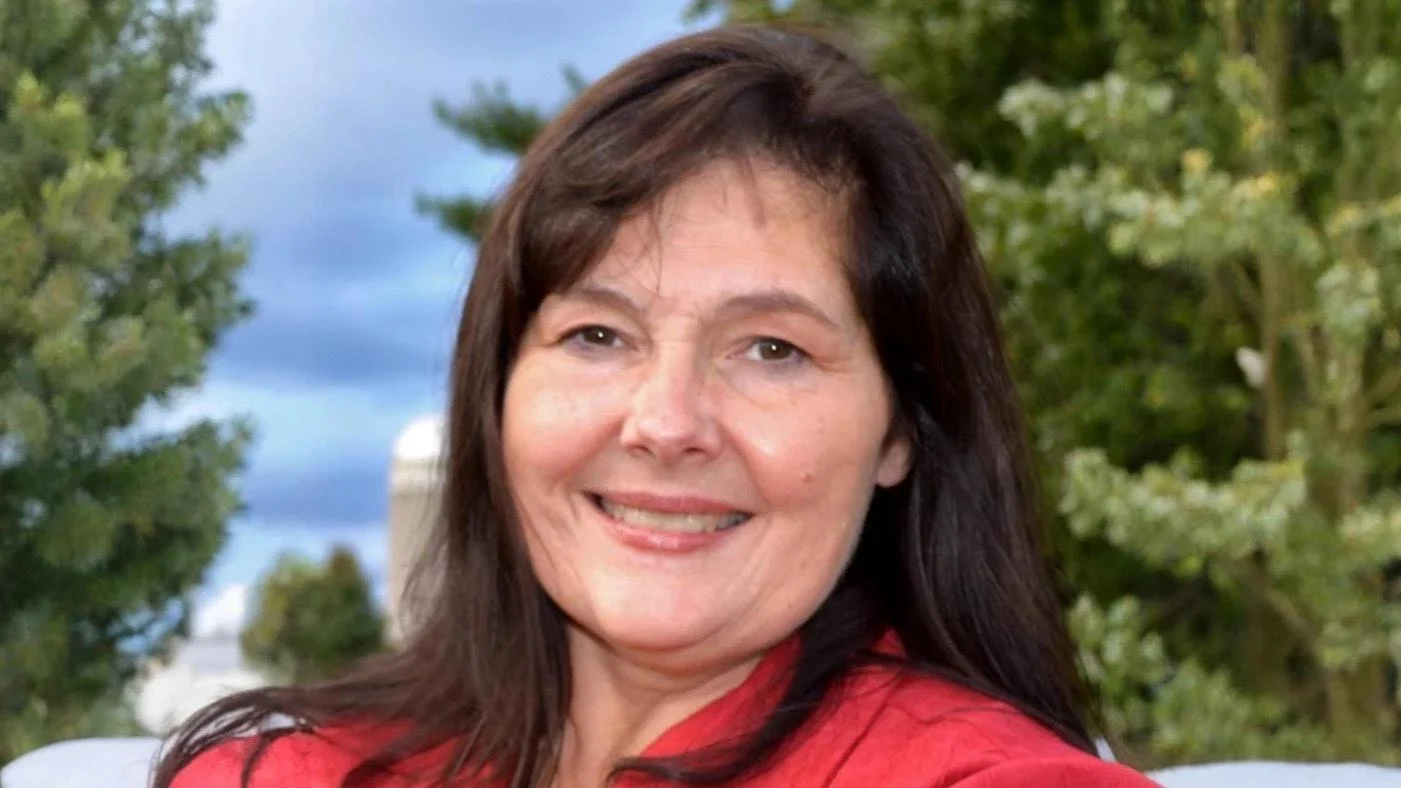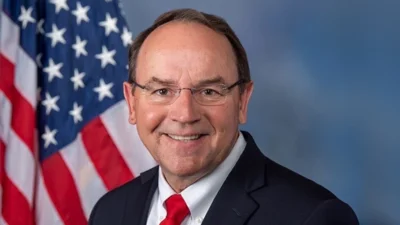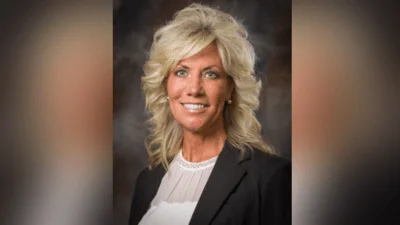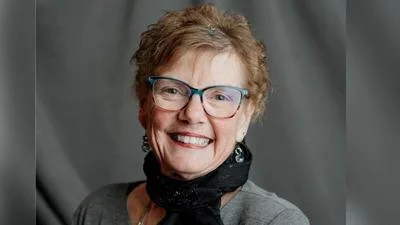Nancy VanderMeer, Wisconsin State Representative for 70th District | Official Website
Nancy VanderMeer, Wisconsin State Representative for 70th District | Official Website
According to the Wisconsin State Legislature's official website, the bill was described as follows: "exempting certain electric vehicle charging stations located at a residence from the electric vehicle charging tax. (FE)".
The following is our breakdown, based on the actual bill text, and may include interpretation to clarify its provisions.
In essence, this bill exempts electricity delivered by an electric vehicle charging station located at a residence from the electric vehicle charging tax, which is set to begin on January 1, 2025, at a rate of 3 cents per kilowatt-hour. It modifies existing law to include all residential chargers, not just Level 3 chargers, in this exemption. Additionally, it adjusts several technicalities related to the administration of the electric vehicle charging tax, including renumbering and amending various statutory sections related to the sale and taxation of electricity for electric vehicles. The changes first apply retroactively from January 1, 2025.
The bill was co-authored by Senator Howard L. Marklein (Republican-17th District), Representative Ryan M. Clancy (Democrat-19th District), Representative Jenna Jacobson (Democrat-50th District), Representative Paul Melotik (Republican-22nd District), and Representative Vincent Miresse (Democrat-71st District). It was co-sponsored by Senator Kristin Dassler-Alfheim (Democrat-18th District), Senator Melissa Ratcliff (Democrat-16th District), and Senator Patrick Testin (Republican-24th District), along with three other co-sponsors.
Nancy VanderMeer has co-authored or authored another five bills since the beginning of the 2025 session, with none of them being enacted.
VanderMeer graduated from the University of Wisconsin at La Crosse in 1988 with a BS.
VanderMeer, a Republican, was elected to the Wisconsin State Assembly in 2015 to represent the state's 70th Assembly district, replacing previous state representative Amy Sue Vruwink.
In Wisconsin, the legislative process starts when a senator, constituent, group, or agency proposes an idea for a bill. After drafting, the bill is introduced, numbered, and referred to a committee for review and public input. If approved, it moves through three readings and votes in both the Senate and Assembly. Once both chambers pass the same version, the bill goes to the governor, who can sign it, veto it, or let it become law without a signature. Only a small share of bills introduced each session ultimately become law. You can learn more about the Wisconsin legislative process here.
| Bill Number | Date Introduced | Short Description |
|---|---|---|
| AB106 | 03/11/2025 | Exempting certain electric vehicle charging stations located at a residence from the electric vehicle charging tax. (FE) |
| AB80 | 02/28/2025 | Ratification of the Social Work Licensure Compact. (FE) |





 Alerts Sign-up
Alerts Sign-up